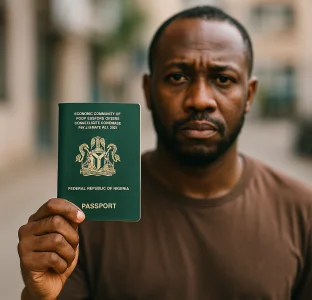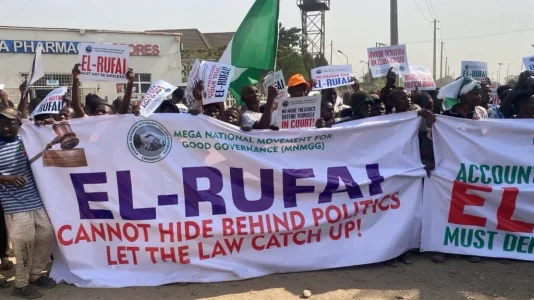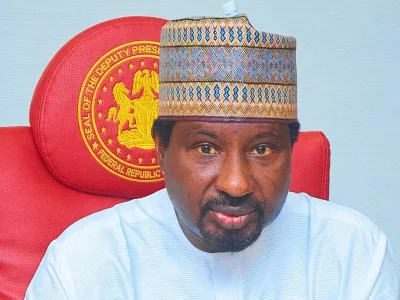
The deaths of Benjamin Okoli and Jeremiah Okoye in South African police custody aren’t just tragedies — they’re reminders of what it often means to move through the world on a Nigerian passport: profiled, unprotected, and usually unheard.
KEY POINTS:
- Two Nigerian nationals died in police custody in South Africa this year, sparking concern from diaspora groups and human rights observers.
- The Nigerian Citizens Association in South Africa (NICASA) alleges the deaths involved profiling, neglect, and police abuse.
- The Nigerian government engages with South African officials, but no strong diplomatic response has been publicised.
- Xenophobic tensions in South Africa are long-standing, with Nigerians often accused online of being linked to crime, claims that shape real-life risks.
- These cases have renewed fears among Nigerians abroad and those still at home who dream of building safer lives in other countries.
What does safety look like when your country can’t—or won’t—stand up for you abroad? When protection depends not on innocence but on which passport you hold? And how many more Nigerians will carry this burden before it finally breaks the silence?



